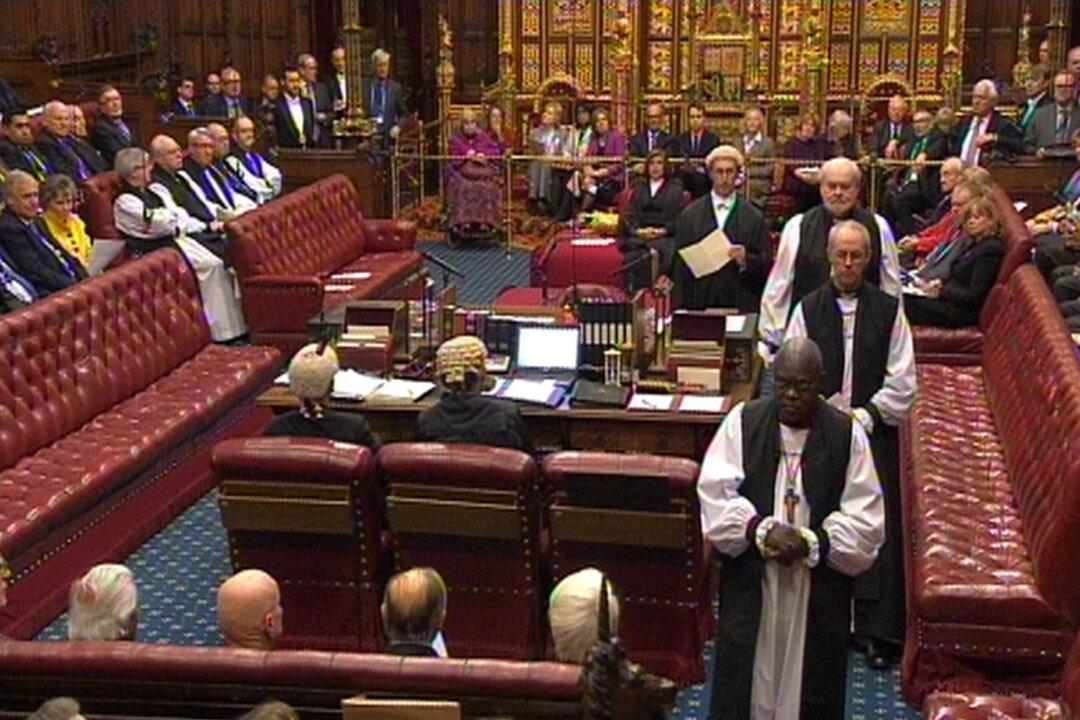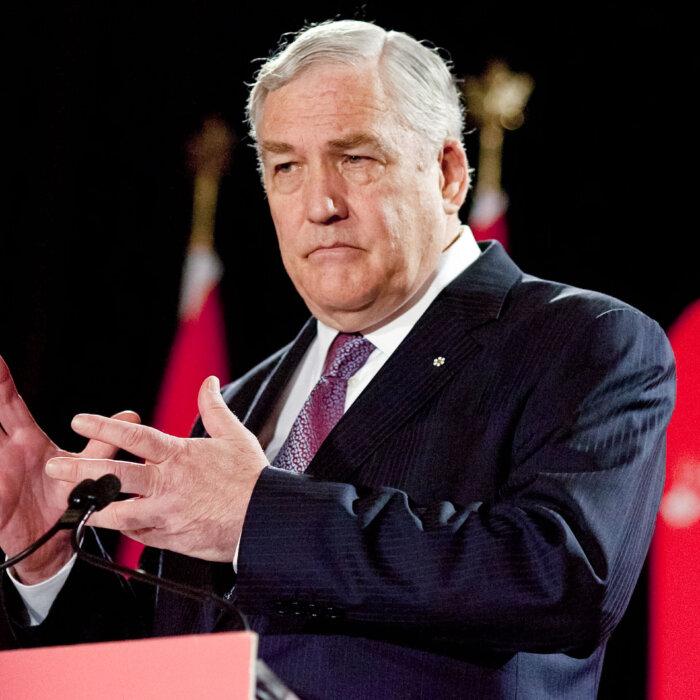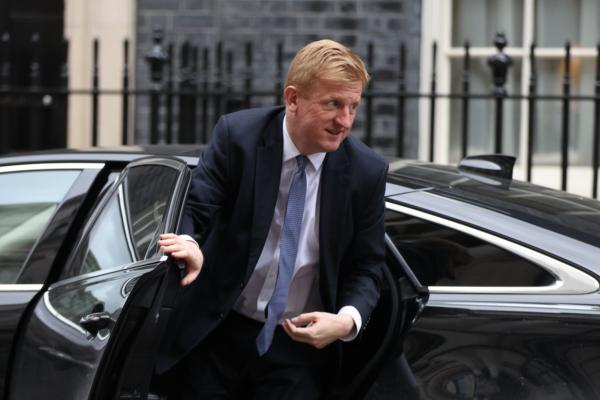A number of Conservative MPs have called on Labour to go further in its planned reform of the House of Lords by removing the 26 Church of England bishops from the upper chamber as well as those who are there by birthright.
The government’s quest to remove the 92 hereditary peers from the 805-member upper chamber cleared its first hurdle on Tuesday after the House of Commons voted down a challenge from the Conservatives to block the second reading of the bill.
But some opposition MPs used the House of Lords (Hereditary Peers) Bill second reading debate to question the seats held by the Archbishop of Canterbury, the Most Rev. Justin Welby, and his colleagues.
Former minister Sir Gavin Williamson said he intends to table an amendment as the bill allows for a “slightly more radical step forward.”
‘Not Reflective’ of UK
Williamson said it is “fundamentally wrong” that his children, who are Catholics, have “no form of representation” in the Lords, while the Church of England—which remains the established religion in the UK and is headed by King Charles—maintains its presence.Williamson told the Commons: “There’s a big opportunity here. There is an unfairness, there is an injustice that so many people of so many faiths, and so many people of no faith at all, see that there are 26 bishops [in the House of Lords].
“They are not reflective of the United Kingdom and not reflective of what this country looks like today and yet they are still there.
“So I will, if the government is not willing to ... table an amendment to remove those 26 bishops from [the House of Lords].”
The bishops are not frequent contributors to debates compared to other members, and statistics show they voted in only 6 percent of divisions in the last parliamentary session.
Conservative former minister Sir Edward Leigh asked: “Why is it that the Church of England has a monopoly of places in the House of Lords?
“I’m all in favour of the established church and letting them have perhaps 12 bishops, why can’t we share out the other places between other Christian denominations and other non-Christian faiths in this country? Don’t they deserve a voice?”
Cabinet Office minister Nick Thomas-Symonds replied: “I’m certainly in favour of the representations of different faiths in the upper House, but I would just say to [Leigh] that the way the government set out its position in its manifesto was on a step-by-step process.”
‘Checks and Balances’
Shadow deputy prime minister Sir Oliver Dowden, who put forward the amendment to block the bill, said the government’s determination to abolish hereditary peers from the Lords was “change for change’s sake,“ which is motivated by “optics.”Dowden told MPs that the House of Lords provides “checks and balances” to the Commons, and that the history and tradition behind the upper chamber—founded in the 11th century—should not be overlooked.
“The British constitution is not codified. One might not choose to craft such a system if one were establishing a new country from scratch, but we are proud to be an old country,” he said.
“The checks and balances of the House of Lords—its tried and tested conventions—work. The House of Lords does not claim to be a democratic chamber. That is the key point: this elected House has primacy.”
He called on the government to “tread lightly” when it came to constitutional change, saying such a reform should only be carried out after proper consultation.
“Of course, the British constitution does—and should—continue to evolve, but we should fix only what is broken and be cautious about rushing into change. Our evolution should start with questions of efficacy, not optics. We should be guided by the wisdom of past generations, and the continuity of history and tradition,” Dowden said.
The legislation allows two of the 92 hereditary peers set to lose their right to sit in and vote in the upper chamber, Earl Marshal and Lord Great Chamberlain, to retain the constitutional duties they perform on state occasions.
Of the remaining 90 hereditary peers, 15 are elected by the whole House and 75 are chosen by fellow hereditary peers in the House of Lords, grouped by party. This is unlike the 670 life peers, who are appointed by the monarch acting on the advice of the prime minister, or the House of Lords Appointments Commission.
‘Cash for Honours’ Scandal
There have been repeated allegations that life peerages have been made available to major political donors over the years, such as the “cash for honours” scandal in 2006 which led to a police investigation, but with no charges ultimately brought.Former Prime Minister Sir Tony Blair began Labour’s quest to remove all hereditary peers from the Lords in 1999, but allowed 92 to remain in a move intended to be a short-term compromise to get the legislation through.
Opponents of the move, including Lord Strathclyde—himself a hereditary peer—have said that it would be preferable if some of the many life peers who never turn up for debates or votes were removed instead.
Dowden’s amendment to block the bill was rejected by 453 votes to 105.
The bill was later given its second reading and will undergo further scrutiny at the committee stage.








